Foundations, asset management, fund primer & ESG, from portfolio manager to passive “portfolio controller” – Markus Hill spoke for FINANCIAL CENTRE FRANKFURT with Tobias Karow, STIFTUNGSMARKTPLATZ.EU, about the current challenges for foundation managers in managing foundation assets. The importance of the founder’s will, the foundation’s purpose, and investment guidelines were discussed as well as mutual funds, crime fiction, Rollski and gin (EVENT NOTE: VIRTUAL DAY FOR FOUNDATIONS ASSETS – 12.5.2021).
Hill: Why is the foundation’s assets a construction site?
Karow: Many things come together. I always say: “We’ve always done it this way meets low-interest-rate” which explains everything. In Germany, we have a long tradition of investing foundation assets purely in bonds. Thanks to this love of bonds, about 90 % of the 100,000 or so foundations that existed in this country in 1914 disappeared after the Second World War. This is often forgotten, and in practically all countries where foundations existed, investments are made differently, namely broadly and globally diversified, with the focus on a decent return and not only on capital preservation. The fear of loss unites many foundation managers, but it is not a fear that is goal-oriented. I bought my first share when I was 13, and to date, there have been a few crashes and corrections, but each of these setbacks was temporary, one just had to work on the portfolio now and then. Ordinary income is the most important goal of managing foundation assets, and if it is, then the investment policy of a foundation at 0.0% interest rates in the next decade must look different than it did 10 or 15 years ago. But something is changing, that is already foreseeable.
Hill: What options do foundations have in your eyes?
Karow: Well, foundations can continue to do it themselves, but they, i.e. those responsible, must devote sufficient professional and time resources to make an appropriate decision on the investment of the foundation’s assets. It also includes having obtained all possible information to support this decision, just like a prudent businessman. If I’m unable to manage to do this, and as in the case of capital investment this is very likely, doing it myself is not the first option, in my eyes anyway. Foundations should therefore take the path of delegation, i.e. delegate the task of managing the foundation’s assets to professionals. This changes the role of foundation officers away from active portfolio manager to passive portfolio controller, and for me that fits the times much better than fiddling around with a few stocks here and a few bonds there. Before foundation boards do that, they should rather write proper and up-to-date investment guidelines, because if the framework fits, the room for manoeuvre is then at a maximum.
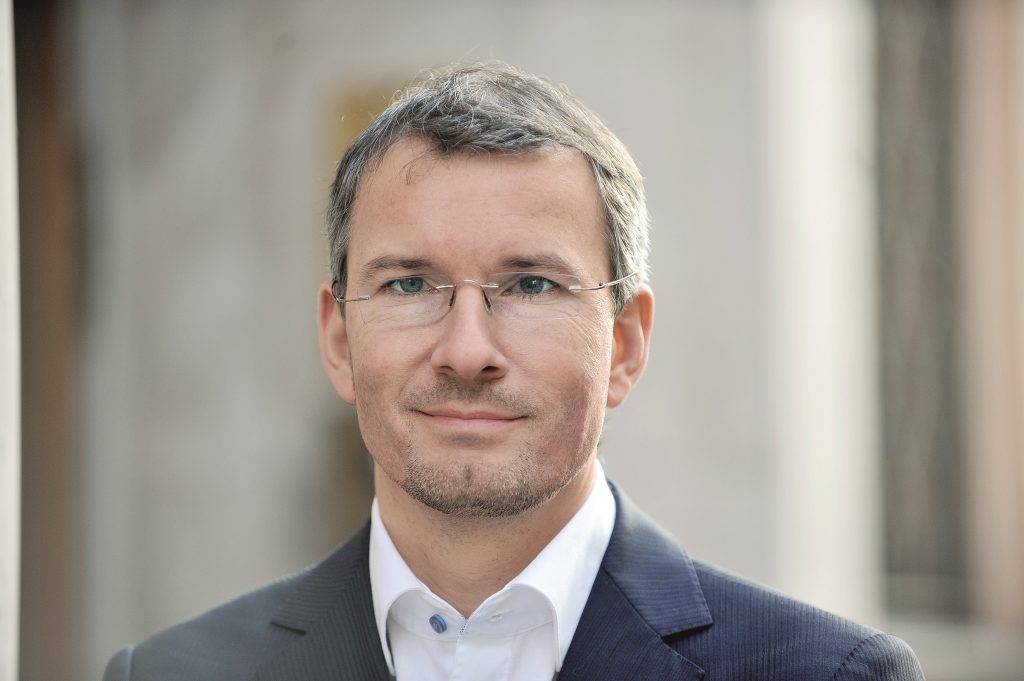
Hill: You are a friend of fund investment for foundations, and you run the platform www.fondsfibel.de here. Why is that?
Karow: If I delegate the management of the foundation’s assets, then fund investment or the compilation of a fund portfolio is advantageous in my eyes from many points of view. Foundations must comply with the diversification requirement, and they can do this wonderfully through funds by investing in different concepts, styles, and asset classes. But foundations must also follow the founder’s will, which means that above all the purpose must be realized. Accordingly, I look for funds that have a longer distribution history or where income is the focus. Since a lot of information on funds is also available transparently, it is easy to make an informed decision, and control based on this information can be institutionalized. In addition, five fund units and five distributions are easier to account for than countless individual stock and bond positions. For me, fund investment is the most suitable way for foundations for these reasons, but above all, the individual goals of the foundation can be mapped much more granularly with funds. This also includes sustainability, on which every foundation has its own opinion; this must then also be reflected in the portfolio, which can be done well with funds. The investment guideline can state that the foundation only buys Article 9 funds, which will make the foundation portfolio look different. I don’t think it’s feasible for most foundations to do ESG themselves.
Hill: When you are not organizing virtual days for foundations, what drives you?
Karow: As a young father, sport is quite important to me, simply as a balance, I like roller skiing, it’s a nice alternative to running when it doesn’t work out with real skiing at the moment. And then I have time for a crime novel again, do miss writing, but on the other hand, being an entrepreneur is also good yet challenging. Currently, we are blogging and working on a foundation marketplace gin, which already has the name.
Hill: Thank you very much for the interview.
1. FRANKFURT & FOUNDATIONS (EVENT NOTICE – 12.5.2021 – PANEL / INFORMATION – SELECTION):
Foundation assets 2030: A discussion with Hans-Dieter Meisberger (DZ Privatbank), Thomas Meissner (Stiftung Polytechnische Gesellschaft), Arndt Funken (Aquila Capital).
Eco and green are not everything. Final impulses on the couch on the contemporary management of foundation assets by Harald Brockmann (Mission Central of the Franciscans), Immo Gatzweiler (AXA Investment Managers), Markus Hill (fondsboutiquen.de)
ADDITIONAL INFORMATION / REGISTRATION – VIRTUAL DAY FOR THE FOUNDATION’S ASSETS: www.vtfds2021.de
2. FRANKFURT & FOUNDATIONS (INFORMATION – SELECTION):
a) Frankfurt Foundation Database (quote): “There are over 600 foundations with their registered offices in Frankfurt am Main. Foundations are involved in many important social areas in our city: in education and training, in science and technology, in art and culture, in social issues through to assistance for the elderly, as well as in nature conservation and environmental protection.” – SUPPLEMENTARY INFORMATION: Foundation Database | City of Frankfurt am Main
b) Initiative Frankfurter Stiftungen (citation): The Initiative Frankfurter Stiftung sees itself as a network of people who bear responsibility for shaping the foundation system in and around Frankfurt. It has existed since 1993, and finally as a registered association since 1997. Its members represent the entire spectrum of the foundation sector and represent young and old, large and small, charitable foundations under civil law as well as institutionalised foundations. Members are co-opted. Membership is by name.” – ADDITIONAL INFORMATION: www.frankfurter-stiftungen.de
VIRTUAL DAY FOR THE FOUNDATION ASSETS (12.05.2021 – www.vtfds2021.de)
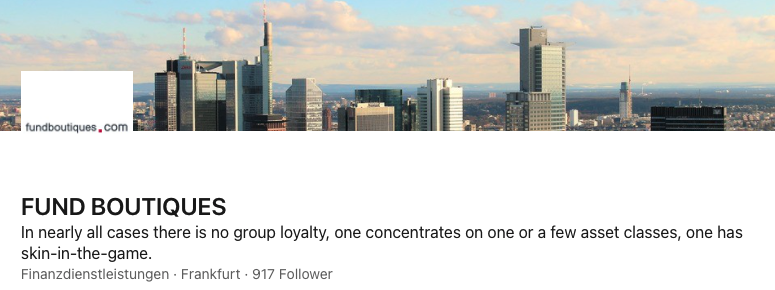
Supporting partners:
Media partner:
Partner:
Photo: www.iStock.com/nantonov


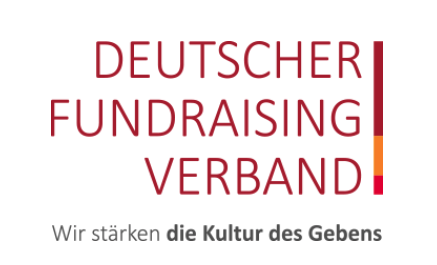



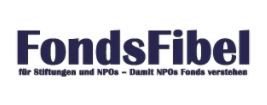
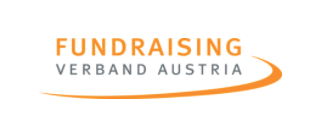
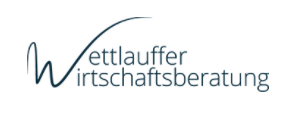
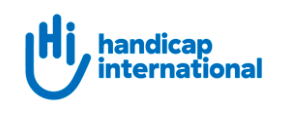
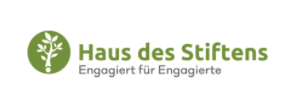
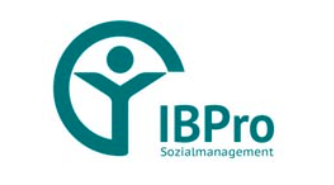

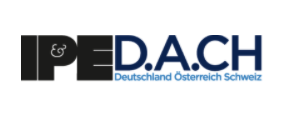
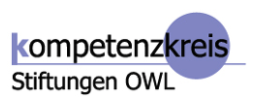
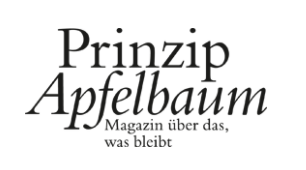
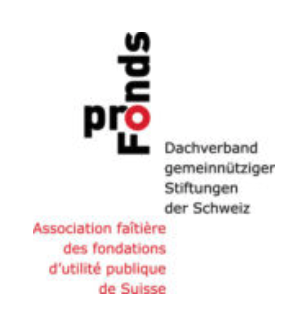




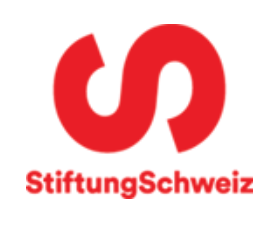
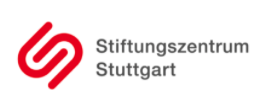


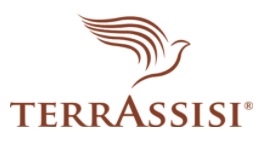

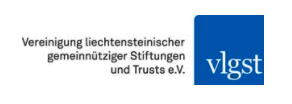










2 thoughts on “FINANCIAL CENTRE FRANKFURT: Foundations, Asset Management, ESG – “Crime, Rollski & Gin” – Virtual Day for Foundation Assets – 12.5.2021 (Interview – Tobias Karow, STIFTUNGSMARKTPLATZ.EU)”